The IT Pro Podcast: Why digital accessibility is good for business
Making your apps disability-friendly isn’t just the right thing to do, it’s an overall benefit too
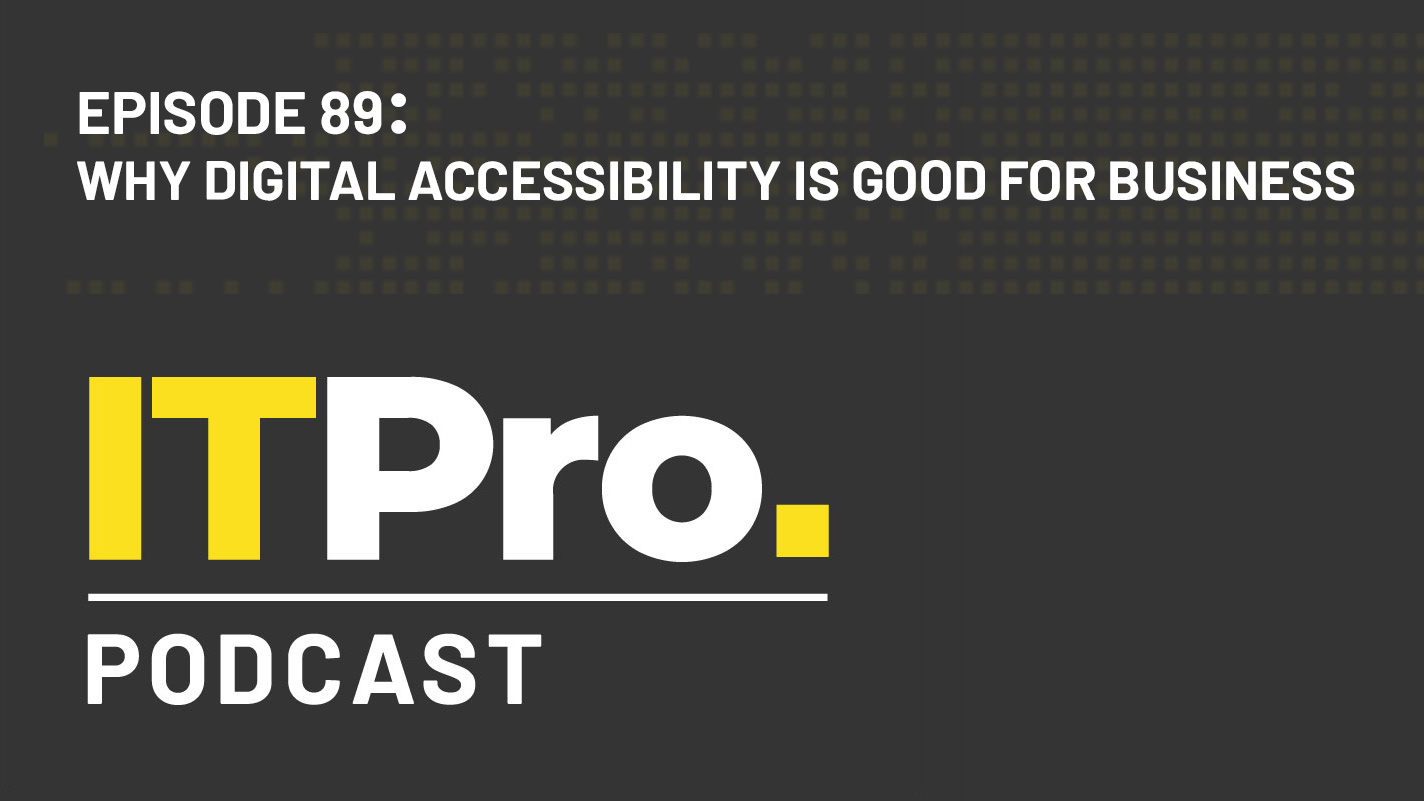
An inclusive workplace isn’t just about supporting people of different genders, sexual orientations or races. Almost 20% of the UK has some form of disability, and it’s important to make sure that our offices, applications and services are set up in a way that is accessible to these people.
There are many reasons why this is a good idea; aside from being a legal requirement and a moral imperative, it can bring usability and productivity improvements for all your staff and customers, not just those with impairments. Joining us this week to discuss accessibility tech, digital inclusion and the benefits that it can bring to your organisation is Robin Christopherson, head of digital inclusion at UK charity AbilityNet.
You can get in touch with AbilityNet by calling 0800 04 876 42, or emailing inquiries@abilitynet.org.uk.
Highlights
“The RNIB, the Royal National Institute for the Blind here in the UK, did some brilliant research, where they got a bunch of visually impaired people to look at a range of websites. And obviously, the sites that were accessible were easier to use for them. But the most interesting part of that research was the control group of able-bodied testers that had no disability or impairment, didn't do anything differently about accessing websites, the sites that were accessible were also easier for them to use; they were able to complete the tasks on average 35% more quickly. So you get this 35% usability bonus. Every developer and designer, they stress about how to optimise the UI and the UX and make it a really good experience. WCAG is a shortcut to a really massive leap in usability for every single user.”
“AI is massively important. But it also has this darker side, where bots driven by machine learning are, for example, trying to submit forms. And that's why you have the evil that is CAPTCHA having to exist, so something like Google's ‘I'm not a robot’ tick box only works if you're not a keyboard user, which I am. Because that region on a web page just around that tick box and message is monitored for mouse movement towards the checkbox. It doesn't monitor mouse movement across the rest of the site, because that would be far too creepy. But around that area, Google is allowed to monitor your mouse movement towards that tick box. And if it's sufficiently wobbly, then it’s fine.
If you tab to it and hit the spacebar, which is what I would do, then most of the time, you will get the other CAPTCHA challenge coming up, which is increasingly obscured pictures of traffic signals or whatever it might be. And the reason why that's becoming increasingly difficult to see is because the AI is getting increasingly better at recognising those images, and successfully completing the CAPTCHA. So it's an arms race.”
Read the full transcript here.
Get the ITPro daily newsletter
Sign up today and you will receive a free copy of our Future Focus 2025 report - the leading guidance on AI, cybersecurity and other IT challenges as per 700+ senior executives
Footnotes
- Make the web accessible
- How tech can promote diversity in the workplace
- Uber launches fleet of wheelchair-accessible cars in London
- Lack of diversity in tech sees skills go to waste, argue MPs
- Why tech can’t close the diversity gap
- How to give your business a voice
- Making the case for screenless content
- The IT Pro Podcast: When bots go bad
- Researcher breaks Google CAPTCHA using speech-to-text AI
- Computer vision – have you seen the light?
- TechShare Pro 2021 | AbilityNet
- TechShare Pro 365 | AbilityNet
Subscribe
ITPro is a global business technology website providing the latest news, analysis, and business insight for IT decision-makers. Whether it's cyber security, cloud computing, IT infrastructure, or business strategy, we aim to equip leaders with the data they need to make informed IT investments.
For regular updates delivered to your inbox and social feeds, be sure to sign up to our daily newsletter and follow on us LinkedIn and Twitter.
-
 Google Cloud is leaning on all its strengths to support enterprise AI
Google Cloud is leaning on all its strengths to support enterprise AIAnalysis Google Cloud made a big statement at its annual conference last week, staking its claim as the go-to provider for enterprise AI adoption.
By Rory Bathgate Published
-
 Bigger salaries, more burnout: Is the CISO role in crisis?
Bigger salaries, more burnout: Is the CISO role in crisis?In-depth CISOs are more stressed than ever before – but why is this and what can be done?
By Kate O'Flaherty Published
-
 Four-day weeks and Nadella's AGI skepticism
Four-day weeks and Nadella's AGI skepticismITPro Podcast As the Microsoft chief casts doubt on ultra-advanced AI systems, a famous security blogger has fallen victim to a classic attack
By Rory Bathgate Published
-
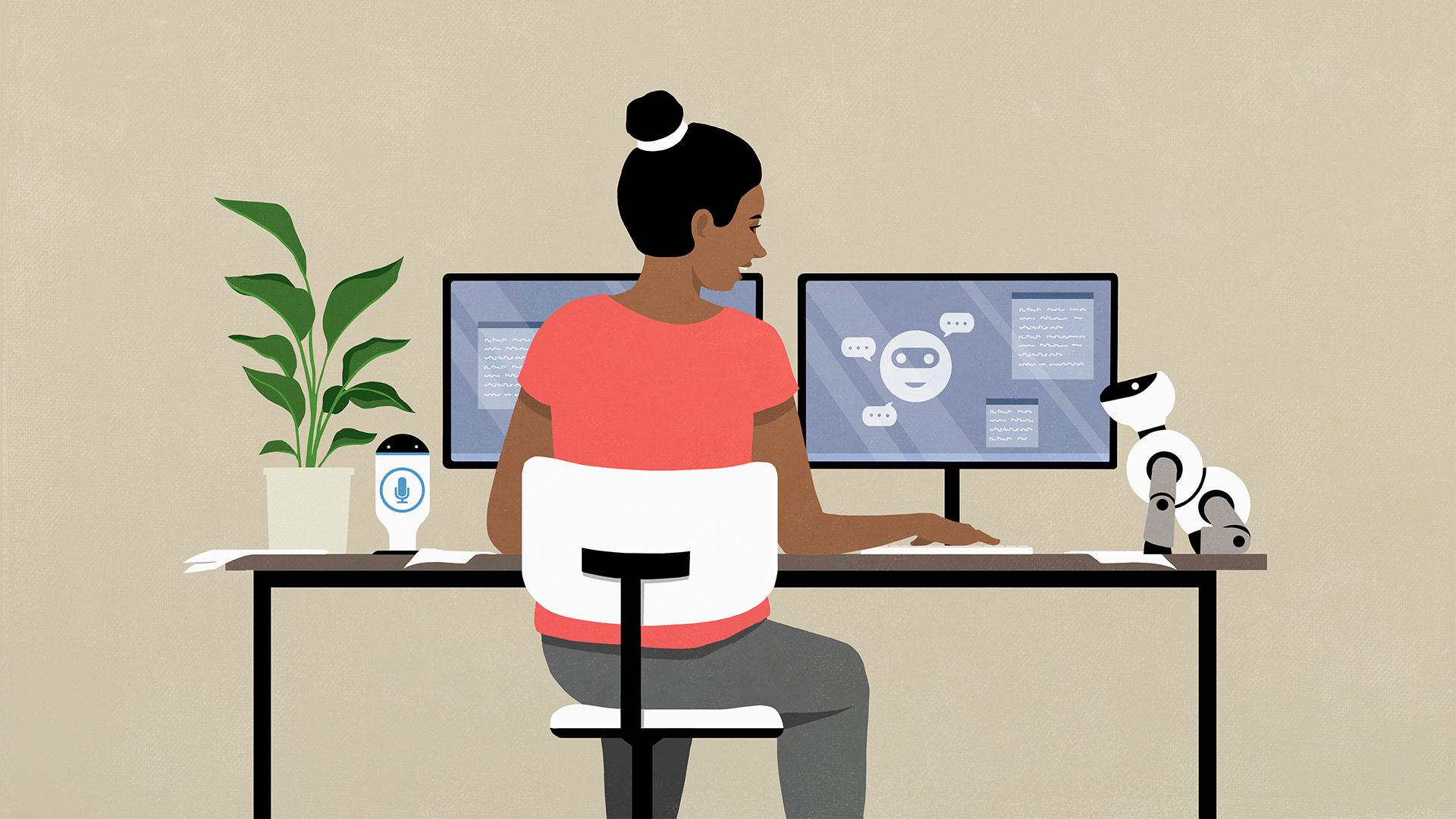 Imposter syndrome is pushing women out of tech
Imposter syndrome is pushing women out of techNews Men have dominated the tech space, though some evidence suggests that it's beginning to change
By George Fitzmaurice Published
-
 DEI rollbacks could exacerbate tech talent shortages – nearly half of recruitment leaders worry diversity cuts will impact their company’s appeal and employee retention
DEI rollbacks could exacerbate tech talent shortages – nearly half of recruitment leaders worry diversity cuts will impact their company’s appeal and employee retentionNews Finding talent with AI skills has already become a major challenge for enterprises, but with some enterprises shelving DEI hiring practices, research suggests the situation could get worse.
By Emma Woollacott Published
-
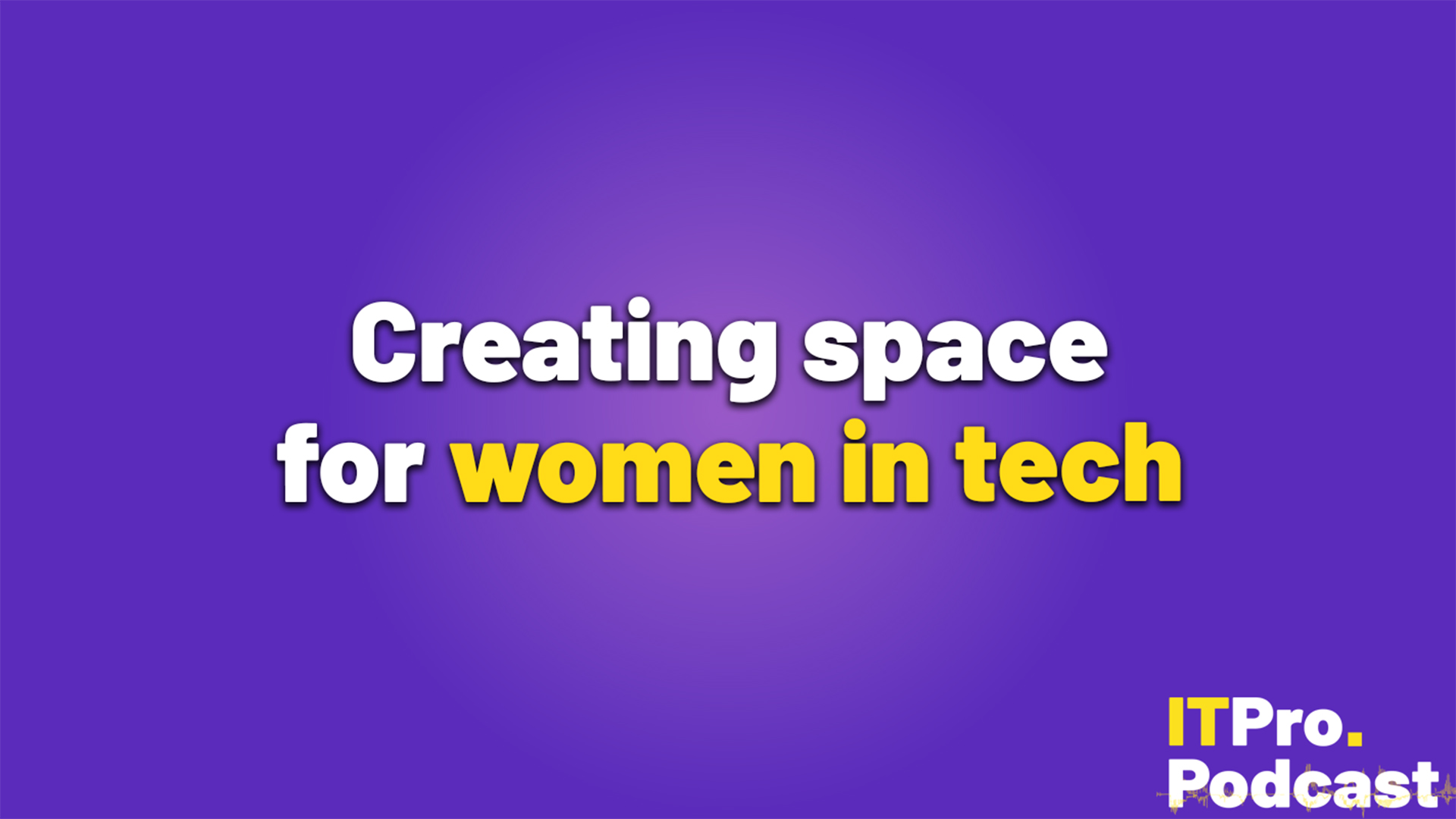 Creating space for women in tech
Creating space for women in techITPro Podcast Tech's huge gender divide can only be tackled with more welcoming, proactive sectoral efforts
By Rory Bathgate Published
-
 Women in tech think the industry has changed for the better, but there’s still more work to be done
Women in tech think the industry has changed for the better, but there’s still more work to be doneNews 84% of female tech leaders in the US believe the industry has changed for the better, but lingering issues still persist.
By Nicole Kobie Published
-
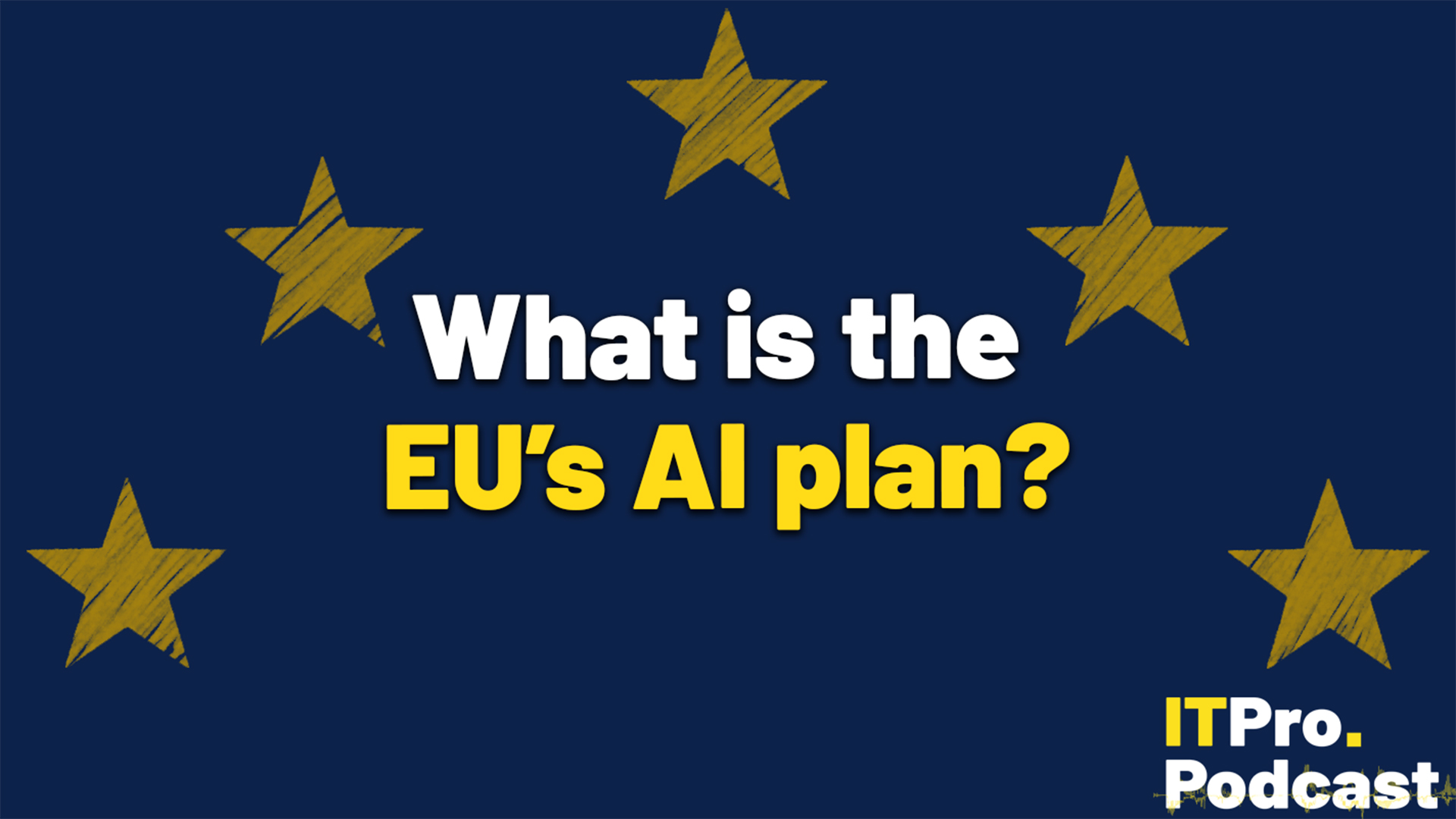 What is the EU's AI plan?
What is the EU's AI plan?ITPro Podcast As the EU moves to enable AI innovation, it could end up striking the perfect balance between regulation and public support – especially as US AI laws become more complex
By Rory Bathgate Published
-
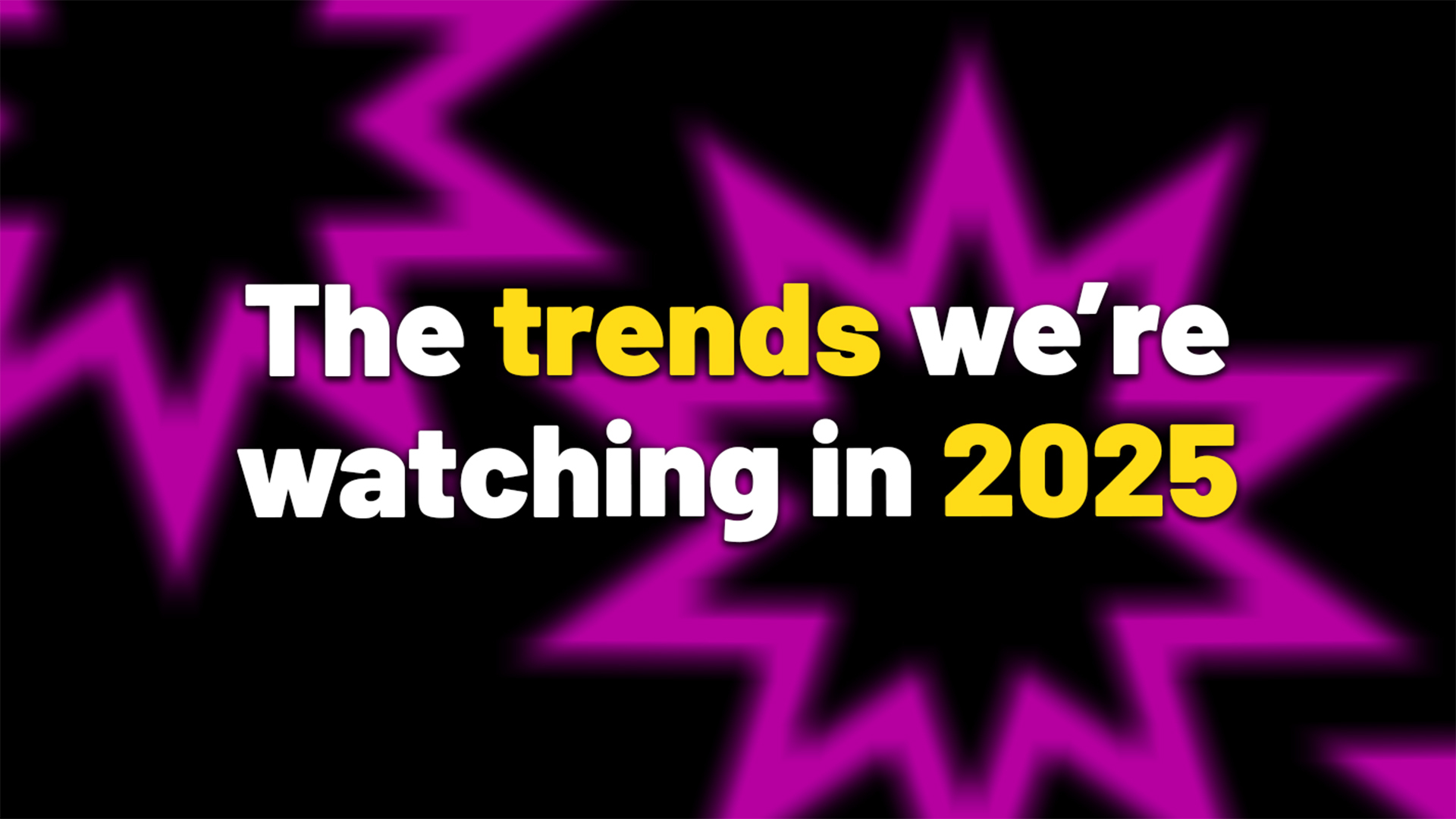 The trends we’re watching in 2025
The trends we’re watching in 2025AI for security and sovereign cloud could be top driving forces in the coming year
By Jane McCallion Published
-
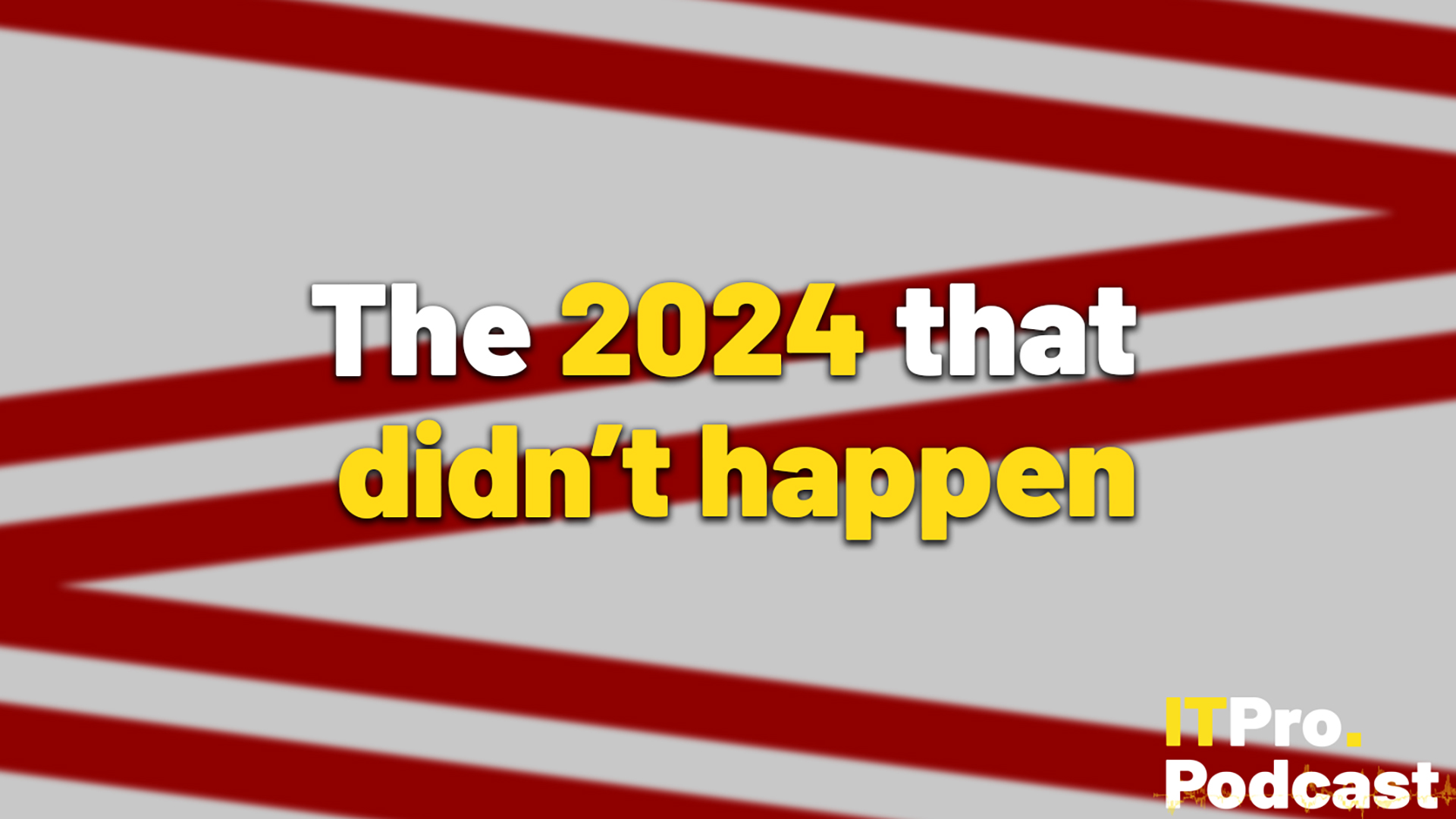 The 2024 that didn't happen
The 2024 that didn't happenThese are the megatrends of the year that failed to materialise
By Jane McCallion Published
